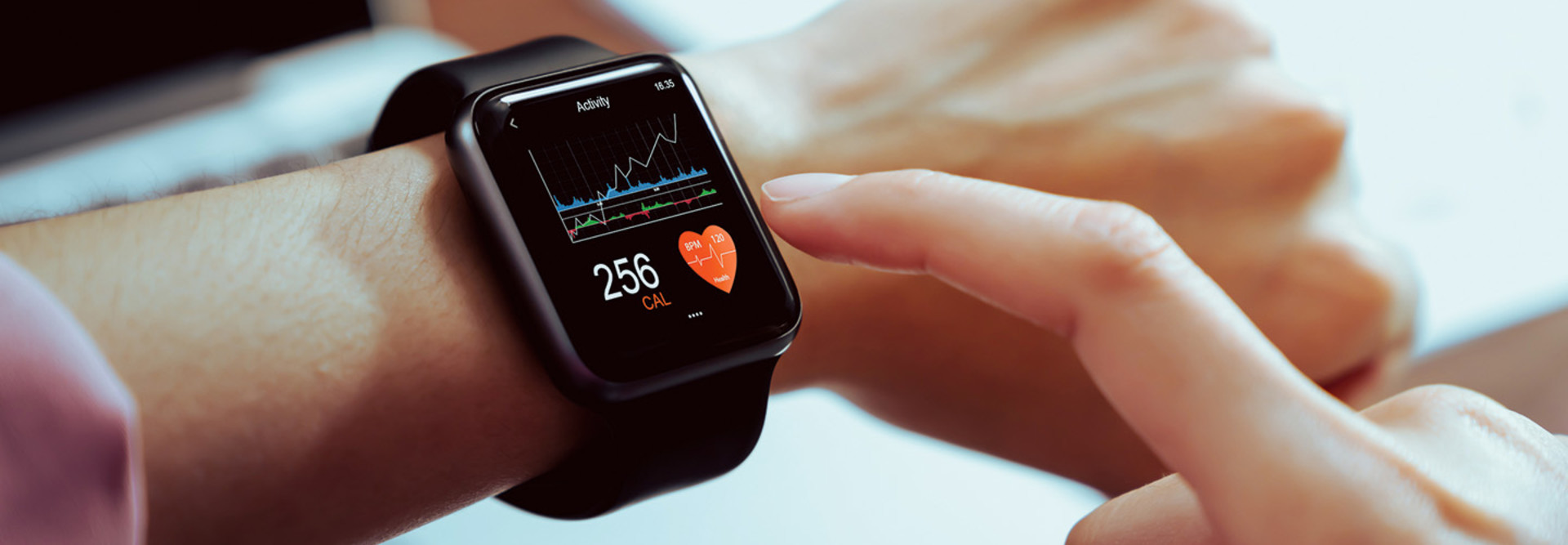Viva Resa: Your Gateway to Insightful Living
Discover news, trends, and tips for a vibrant lifestyle.
Wearable Wonders: Gadgets That Are Changing How We Live
Discover the latest wearable gadgets revolutionizing everyday life—transform how you live, work, and play with innovative tech!
How Wearable Technology is Revolutionizing Health Monitoring
Wearable technology is transforming the landscape of health monitoring by providing individuals with real-time data that was previously unattainable. Devices such as smartwatches, fitness trackers, and even smart clothing are equipped with sensors that continuously track vital signs, including heart rate, steps taken, and sleep patterns. This influx of data allows users to gain a deeper understanding of their overall health and wellness, making it easier to identify potential issues before they escalate. Furthermore, these devices often integrate with mobile applications, creating a seamless experience for users to monitor their progress and make informed decisions about their health.
The impact of wearable technology on the healthcare industry is profound, as it empowers both patients and healthcare providers. For instance, remote monitoring can reduce the need for frequent hospital visits, alleviating stress for patients with chronic conditions. Additionally, healthcare professionals can use the data collected from wearables to tailor treatment plans effectively. According to recent studies, this technology can lead to improved patient outcomes, increased engagement in health management, and ultimately, a more proactive approach to personal health. In summary, the rise of wearable technology marks a pivotal moment in health monitoring, offering unprecedented opportunities for enhanced health awareness and management.

Top 5 Wearable Gadgets You Didn't Know You Needed
If you're on the hunt for the latest in tech, you might be surprised at the wearable gadgets popping up beyond just fitness trackers and smartwatches. Here are the top 5 wearable gadgets you didn't know you needed that can enhance your daily life:
- Smart Glasses: These devices provide hands-free notifications while allowing you to stream music or navigation directions without pulling out your phone.
- Wearable Sleep Monitors: More than just sleep tracking, these gadgets analyze your sleep patterns and offer personalized tips to improve your sleep quality.
- Health Monitoring Rings: Small and discreet, these rings monitor your heart rate, oxygen levels, and even stress levels, giving you valuable insights into your health.
- Smart Clothing: Integrated sensors in fabrics can track your performance during workouts and even measure your posture during daily activities.
- Wearable Air Purifiers: These innovative gadgets allow you to breathe clean air on the go, filtering out pollutants and allergens in your immediate environment.
Are Wearables the Future of Fitness Tracking?
Wearables have revolutionized the way we approach fitness tracking, offering an array of features that cater to diverse health and wellness needs. From smartwatches to fitness bands, these devices provide real-time data on vital metrics such as heart rate, steps taken, and calories burned. As technology continues to advance, wearables are becoming increasingly sophisticated, integrating GPS, sleep monitoring, and even stress management tools, making them an indispensable part of modern fitness regimes.
The future of fitness tracking seems to be heavily reliant on wearables, as they not only encourage users to stay active but also create a supportive community through shared fitness challenges and achievements. With advancements in artificial intelligence, personalized fitness insights are becoming more accessible, enabling individuals to tailor their workout plans based on their unique goals and progress. As more people embrace these innovative tools, we can expect that wearables will play a pivotal role in promoting a healthier lifestyle for everyone.